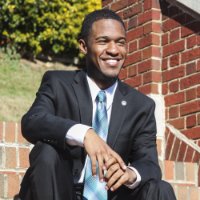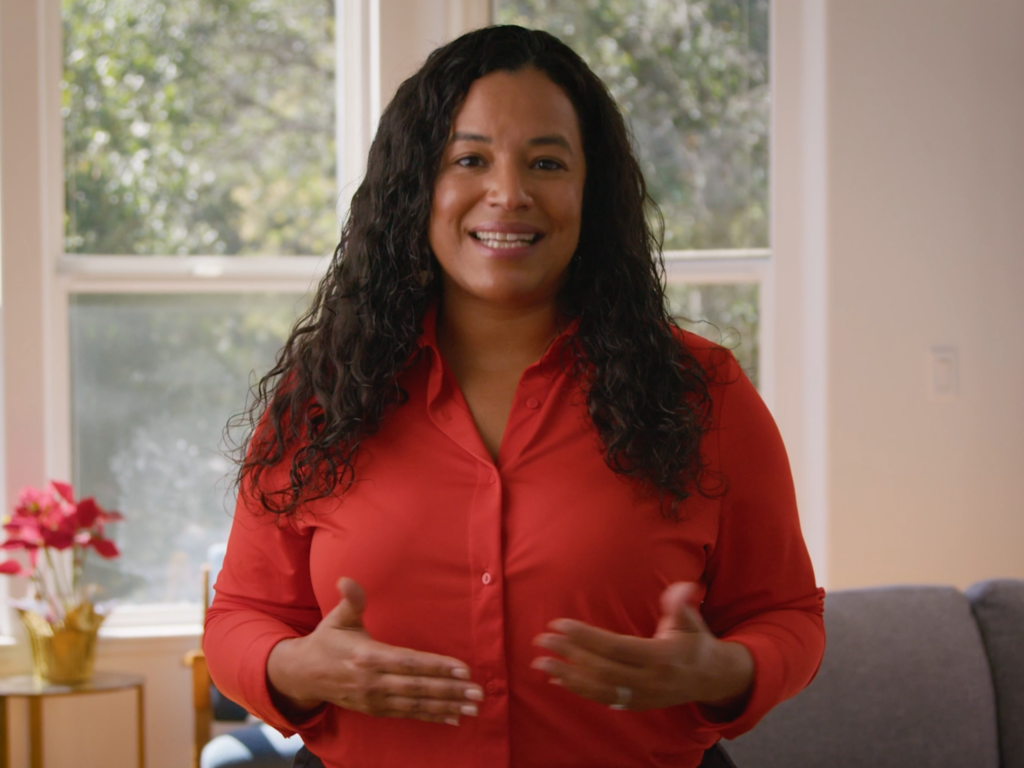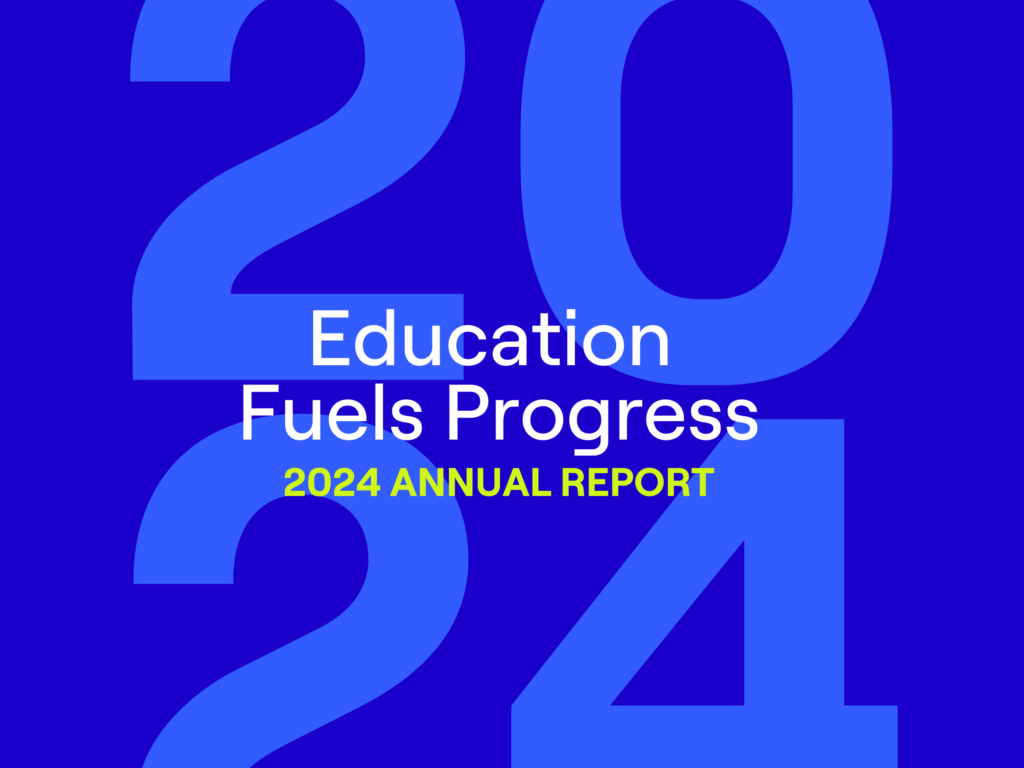by Derrick Spencer, UNCF-Walton Ed. Reform Fellow and DCSF Intern
 About this time last year I decided to apply to the UNCF-Walton Ed. Reform Fellowship, which consequently landed me an interview with NewSchools Venture Fund. I thought the fellowship would be the perfect opportunity not only to learn, but also to actively participate in education reform. Prior to my experience with NewSchools, I was knowledgeable of some basic pedagogical theories and classroom management skills, but I had yet to truly explore the sector beyond the classroom.
About this time last year I decided to apply to the UNCF-Walton Ed. Reform Fellowship, which consequently landed me an interview with NewSchools Venture Fund. I thought the fellowship would be the perfect opportunity not only to learn, but also to actively participate in education reform. Prior to my experience with NewSchools, I was knowledgeable of some basic pedagogical theories and classroom management skills, but I had yet to truly explore the sector beyond the classroom.
Needless to say, my experience with NewSchools has been enlightening. I have become more familiar with the language associated with education reform and major ideological frameworks. My experience has also allowed me to compare what I have learned through this fellowship to the traditional concepts I have been introduced to in my education courses at Howard University. As a result, I have been able to build my knowledge base and apply these varied perspectives and theories to education reform issues. I was also able to more thoroughly understand and appreciate the plethora of roles in addition to instructional professional positions. Taking into consideration what I experienced at NewSchools, here are my four biggest take-aways, which as it happens are all transferable to any industry.
1. Hybrid experiences are an asset, not a hindrance.
I grew up being told to find something I was interested in and “stick with it.” Until this past summer, I thought the fact that my college experience didn’t have a one-track career theme was a liability to my future. Despite the fact that I chose English as my major prior to college and “stuck with it,” unlike some of my peers who interned at law firms each summer or volunteered at schools every year, I was always exploring my options. My activities and interests revealed my passion for social equity in an array of arenas. I feel compelled to be an aide in the pursuit of freedom from the systematic setbacks people who are disenfranchised encounter, and I do not believe I can choose a specific path until I have explored various options.
My professional experience while in college is pretty diverse: I have worked on political campaigns, social justice initiatives, and a small business. I have also dealt with issues regarding intellectual property, allied health, and student housing. So when I interviewed at NewSchools, I was nervous I would appear unfocused, despite the fact that I had completed each program and stayed with the small business for nearly two years. However, after meeting the team at NewSchools, I realized my four-year career trajectory didn’t represent uncertainty; it showcased my willingness to try new things and explore interests above and beyond my coursework.
NewSchools taught me that people who have diverse experiences, be it work experiences or different backgrounds, inspire diverse thought partnership. The NewSchools team consists of people with backgrounds in education, business, politics, and even architecture: each individual comes from a different walk of life. My favorite thing about NewSchools is they value people’s varied experiences. And while, for example we have to use the organization’s standardized approach for many tasks, our different ways of thinking and doing are welcome and make the organization the transformative force that it is.
2. Entrepreneurship is not always about capital gain.
Prior to joining the NewSchools’ team, my idea of an entrepreneur was limited to people who created innovative inventions for profit. It had never occurred to me that those individuals who created enterprises for the betterment of society were also entrepreneurs—that is, it never occurred to me until helping with the due diligence process for a NewSchools’ investment.
Over the summer, I helped research and create an investment proposal that resulted in a $200K investment. The investment was from NewSchools’ EDge Fund, a fund specifically created to look around the corner at up and coming ideas and to help social entrepreneurs achieve them. The social entrepreneur NewSchools was considering making an investment in was Michelle Molitor. Michelle is an education entrepreneur who is based in Washington, DC, and a founding member of E.L. Haynes, a high-performing public charter management organization. Her dedication to high-quality education for all children is evident in over a decade of experience as a traditionally-trained teacher and as the elementary school principal of Haynes. It was at Haynes where she began to respond to the drastic need for change in education as it relates to racial equity. Initiating an uncomfortable—but necessary—dialogue around racial equity in education, Michelle launched the Fellowship for Race and Educational Equity (FREE).
FREE is a nonprofit that aims to create equitable educational spaces by building communal will to ignite collective anti-racist action. In her own experience as one of only a few African American founding members of an organization that serves a largely black and Hispanic population, Michelle was able to conceptualize the benefits of conversations about race. She realized remaining silent about the “elephant in the room” only reinforced tension and ultimately was a disservice to the students. So Michelle created and implemented a series of Race and Educational Equity Seminars (REES) to have conversations addressing differences about race and equity. Michelle has played a vital role in creating structures to continue conversations beyond the seminar and embed race and equity work in the school community for multiple organizations, even outside of the metropolitan area.
Michelle’s story inspired me. It helped me realize I can be an entrepreneur—AND I don’t have to give up my passion for social justice. I can remain true to myself and my core values, all while leading an enterprise.
3. Race is a hard topic to talk about, but a necessary one—even at work.
Where there is a diverse pool of people, there will be a need for discussions about diversity and inclusion. More specifically, given our nation’s history, race is a contributing factor in our perceptions of others. The discomfort that far too often accompanies talking about diversity makes race a taboo topic for the workplace, especially for minorities. In fact, research shows women and minorities are more likely to be perceived as self-serving when promoting diversity. However, I could not avoid the topic, no matter how uncomfortable.
My primary project at NewSchools was to research diversity and inclusion strategies. From solutions like covering the names on resumes to alleviate bias against ethnic names, to the use of a Presidential Executive Order as a template for organizational documents, my job was to explore race in education reform and help find salient solutions for NewSchools. I also had to make sure I followed news and collected data on race and educational mistreatment in Silicon Valley in the IT sector, especially since NewSchools makes investments in education technology.
The most difficult part of researching diversity and inclusion was processing facts that were disturbing to me as an educated black man. However, being able to provide my input during critical moments in the organization’s steps toward greater equity and remembering the ideals stated in the NewSchools’ Statement of Diversity helped keep the bigger picture in mind.
4. Mentors make life easier, much easier.
This is a pretty self-explanatory lesson. If I did not have Deborah “Debbie” McGriff as a mentor, my experience, especially upon my arrival over the summer, would have been completely different. Debbie played an integral role in making my experience at New Schools a positive one. Her constructive criticism and nods of approval helped me enhance my knowledge and professionalism. If not for my mentor, my experience working with education reformers may have even been overshadowed by some of the sector’s hiccups.
My experience with NewSchools has been a great one! I have traveled places I had never been, learned to play (and dominate in) foosball, and gained vital life skills. However, the most valuable lessons NewSchools has taught me include the necessity of hybrid experiences, social entrepreneurship, talking about race in the workplace, and the importance of mentorship. Thank you, NewSchools. I am exceedingly grateful.


